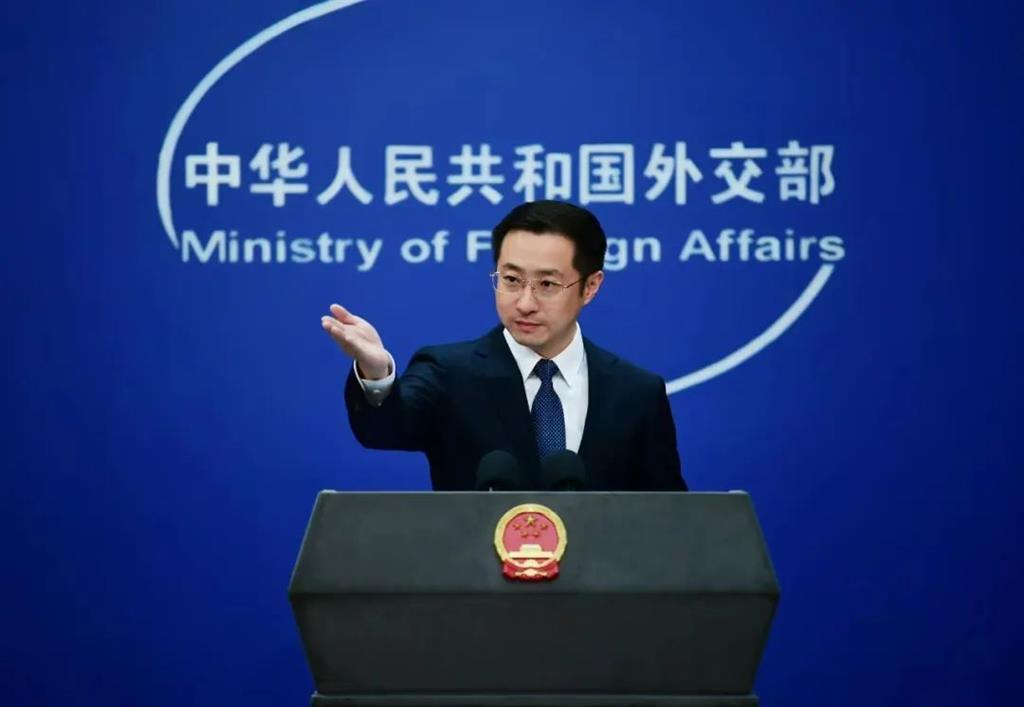
Beijing, March 3.- China today rejected the accusations of the United States Secretary of State, Marco Rubio, on issues such as Taiwan, trade, the Covid-19 pandemic and the Asia-Pacific region.
Foreign Ministry spokesman Lin Jian called Rubio's comments filled with Cold War mentality and based on lies and disinformation.
According to the spokesman, China has expressed strong opposition to these claims and lodged a formal protest with Washington.
These statements distort reality and damage bilateral relations, the spokesman said.
On the issue of Taiwan, Lin recalled that there is only one China in the world and that this island is an inalienable part of this country.
He said that the People's Republic of China is the only legitimate government representing the entire Asian nation, which includes Taipei.
He criticized US attempts to use Taiwan to contain China and warned that such actions could trigger conflicts.
If the United States does not want confrontation, it should stop its provocations on the Taiwan issue, he stressed.
On trade, Lin Jian stressed that tariff wars have no winners, while accusing Washington of politicizing and militarizing economic relations under pretexts such as fentanyl.
He stressed that tariff measures hinder normal trade cooperation between the two countries and harm the economic interests and international credibility of the northern country.
Regarding the origin of the Sars-Cov-2 coronavirus, which causes Covid-19, the spokesman reiterated that it is a serious scientific issue.
He recalled that the conclusion that a laboratory leak is "extremely unlikely" was issued by the joint team of experts from the World Health Organization and China after exhaustive visits.
Lin Jian urged to expand the investigation into the origin of the virus globally and criticized attempts to blame China without evidence.
Finally, the spokesman rejected the confrontation strategies in the Asia-Pacific region promoted by the United States and said that this area should be a space for cooperation and not for geopolitical rivalries.
After a month of Donald Trump's second term, relations between Beijing and Washington headed towards what was expected: trade tensions, geopolitical disputes and cross accusations.
The United States applies a 10 percent tariff to all products from China and threatened to apply another 10 percent starting March 4.
The Asian giant responded with tariffs of up to 15 percent on some products from the North American nation, but warned of more measures if Washington continues with protectionism. (Text and photo: PL)